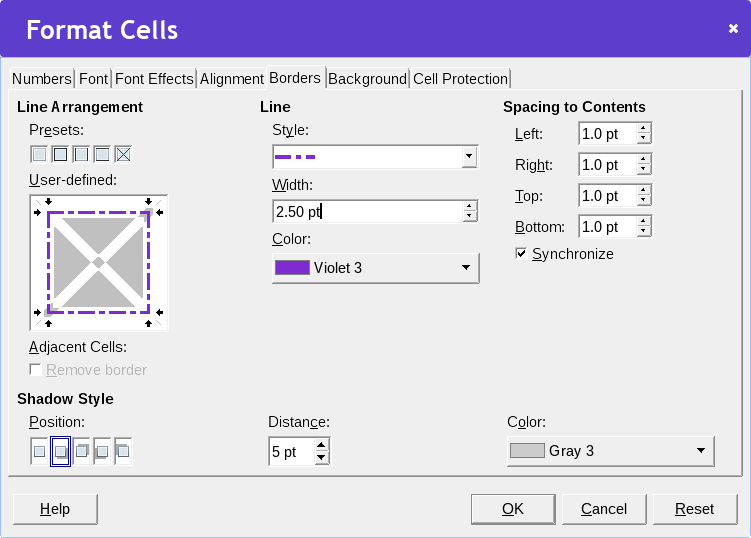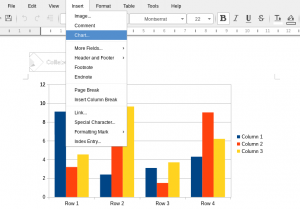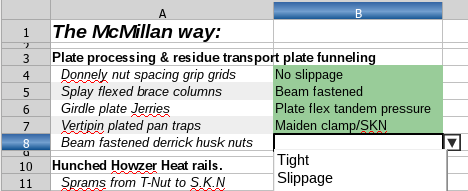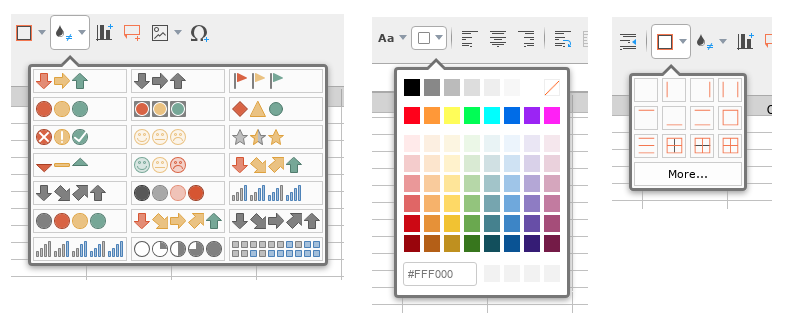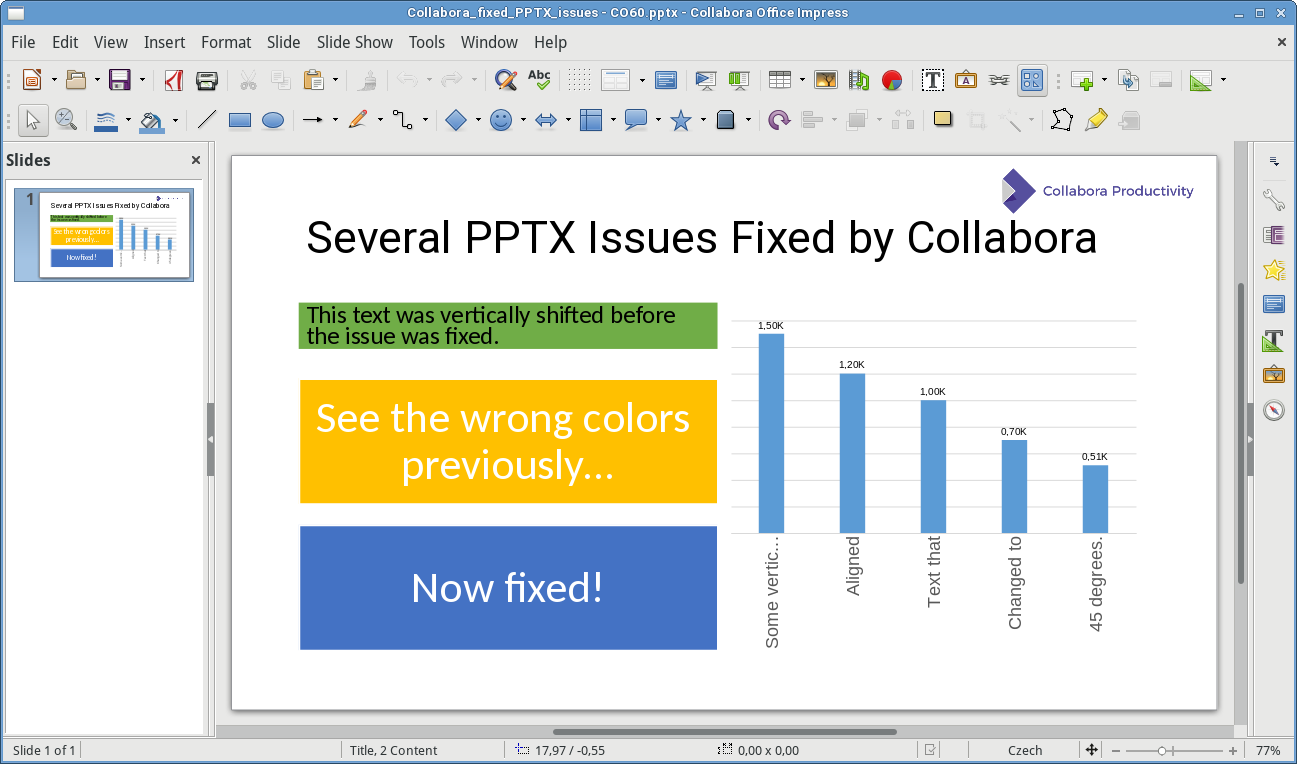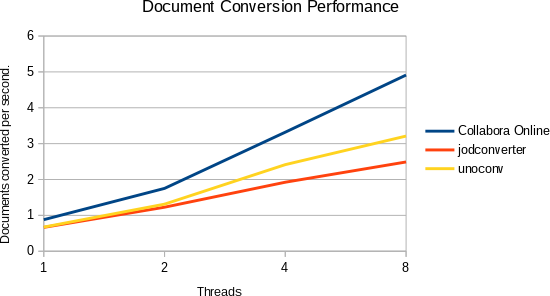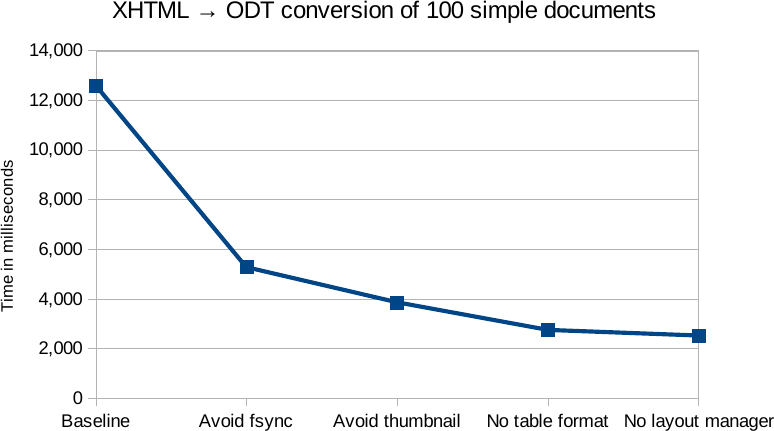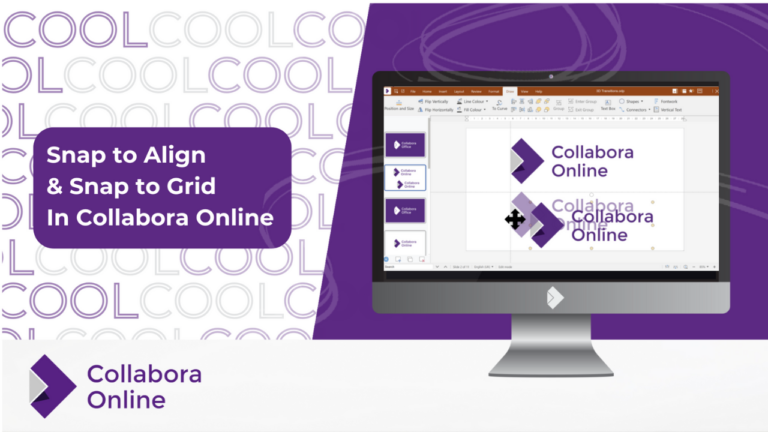Note: Post archived from previous website - some links, images, and/or post formatting may not display correctly. Contact us using the contact page below if you have any questions about post contents.
As we come to Christmas and the new year, it is great to reflect on everything that we’ve achieved this year. Collabora Productivity would not exist without the funding, support and friendship of our partners and customers. When reviewing what we’ve achieved we’re really grateful for your trust & input into our product development, helping to guide which features and fixes we invest in next. Of course we could do nothing without our talented staff – who have worked extremely hard to turn your ideas into working code, alongside a wide community of volunteers.
Because of you 2018 turned out to be an outstanding year! Here are a few tastes of what we achieved with links to the full details:
Collabora Online improvements
Collabora Online 3.0
In February we had a major release, bringing for the first time the infrastructure necessary to bring many rich dialogs to the browser:
This release also brought change tracking management, a thesuarus, sorting and auto-filtering, IPv6 support, PAM integration, and much more. It formed the base for a series of incremental fix and improvement releases through the year.
Collabora Online 3.1
The key feature in this update, requested by our Asian partners was much improved IME integration:
This release also brought support for chart data series editing, hidden tabs,
Collabora Online 3.2
In April we had an update, that brought chart creation to our existing chart editing functionality into writer, calc and impress, as well as data validation – allowing complex spreadsheet data entry:
We also managed to include context menu spelling correction, column formatting, and a new scripting API for integrators.
Collabora Online 3.3
In June we brought another update that significantly improved clipboard paste – preserving formatting, tables, images and more. Another great win was the ability to paste text as CSV (Comma Separated Values) into Calc:
We also took some time to allow people to set basic conditional formats, borders, and added a no-color option to the drop-down:
We also included responsive design improvements for mobile, as well as options to anonymize document and user names when logging and cleaning up our warning dialogs. We also added the ability to connect a remote monitoring server for better Alfresco locking integration and powerful cluster management. With some more fixes and improvements in a 3.1.1 follow up release
Collabora Online 3.4
In October we brought a major set of improvements with significantly improved interactivity halving typing latency in many cases:
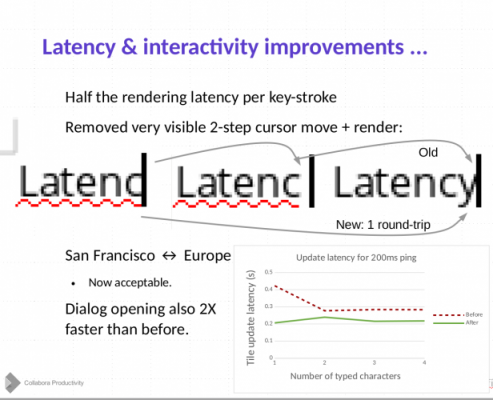
We also improved our mobile experience, impress slide-sorter performance, as well as allowing a configurable web root and other fixes. With a pair of 3.4.1 and 3.4.2 minor releases to further address partner issues.
CODE 4.0 RC1
In December we released a major refresh and upgrade as a base for a Collabora Onine 4.0 release in 2019. This refreshed the look of toolbars with a fresh new look from Colibre:
This included lots of ergonomic improvements, improved shape editing controls with re-sizing previews and a convenient palette to insert shapes. A large number of mobile device improvements were also made – including a stripped-down viewing mode, with auto-hiding, scrollable toolbars, and panning menus. We also added zoom & pan of complex dialogs allowing access to rich desktop functionality on mobile:
Retina / HiDPI display improvements make text look crisp using the browser’s details to render at the display’s real resolution, getting crisp pixel rendering (example at 200% zoom):


Collabora Office 6.0 brings major improvements
Every year, we refresh Collabora Office; our enterprise-grade, long term supported open-source office suite. Collabora Office 6.0 brought a host of new features and interoperability improvements. After all the work on interoperabilty and our creation of an innovative new interoperbility tool: COLEAT, we called Collabora Office 6.0 The Migrator’s Choice.
COLEAT interoperability tool
One of the major problems large enterprises often have is un-documented, legacy line of business applications often written in VB using COM to drive and re-use Microsoft Office. With Collabora Office 6.0 we have created a great new complementary interoperability tool: COLEAT that lets Collabora Office 6.0 act as a drop-in replacement via our compatibility APIs. It also implements a tracing tool to allow easy troubleshooting it complements our work making many more VBA macro driven documents work out of the box.
Checkout a video of COLEAT in action.
Improving Interoperability
Several of our partners asked us to improve PPTX interoperability so we invested a chunk of time in improving round-trip fidelity between Powerpoint and Collabora Office, avoiding unnecessary warnings, fixing export of group shapes, export of embedded videos, and preservation of customXML on export. We also implemented PPTM (PPTX with macros) – preserving the VBA streams on export. Other hard to visualize fixes around animations were done too, as well as improving document layout:
Other 6.0 pieces:
In 2018 – we deprecated the GovOffice brand, and made 5 years of support lifetime an option that can be ordered for Collabora Office. We included large numbers of features and fixes which we had implemented for our customers on top of LibreOffice 5.3 as well – from mail-merge, ADMX lock-down improvements, autotext import improvements, SharePoint lists / IQY import and much more.

We continued to implement small new features and fixes on top of 6.0 through 2018 including a built-in MariaDB/MySQL connector, font effect transformations and other VBA and interoperability fixes as well as ongoing security updates. In 2019 we’ll be releasing Collabora Office 6.2 incorporating another round of Collabora and community development by mid 2019.
Collabora Online for bulk Document Conversion
One thing that we tried to encourage this year is the move to using Collabora Online’s built-in REST API for Document Conversion – which can re-use all the efficiency, sharing and security improvements we’ve built into Collabora Online. Good process management of conversions, size limits, timeouts with hard-killing the few processes that mis-behave – all in a friendly package. And of course faster than JODConverter and unoconv too:
We could also enjoy spending the time tweaking various conversions to accelerate specific cases. It is great to be able to focus on specific conversions and squeeze out some low hanging fruit, eg. 5x faster ODT → XHTML
Adding, and using lots of new options such as NoFileSync, NoThumbnail, HiddenForCovnersion, and lazy loading autoformat tables when they’re actually needed.
Adfinis & Collabora bring LibreOffice to iOS
In 2018 thanks to a joint investment with Adfinis to address different customers of ours, we brought Collabora Online to iOS, with lots of interesting details and a pretty picture:

Why not get involved in development using TestFlight and help us meet our goal of a good, Open Source, offline office suite solution in the first half of 2019.
Yet more LibreOffice goodness
Of course, we contribute all of our code changes back to LibreOffice, or
the relevant up-stream project. We love to contribute to and work alongside
the LibreOffice community (infographic). Serving with two seats on the TDF Board and Membership Committee, as well as being Advisory Board members.
We sponsored the LibreOffice conference (summary) and ran a team build event for those of our partners that didn’t mind getting wet:
And also celebrated the 5th birthday of Collabora Productivity, and enjoyed the FLOSS weekly experience:
Thanks to TDF’s generous donors we significantly improved image handling inside LibreOffice, as well as working towards enabling Firebird migration in base.
Thanks to AMD we’ve managed to hugely improve parallel CPU computation of large spreadsheets, and test all available bug documents with both threading and OpenCL to ensure great behavior in all known corner cases. We’ve also re-worked text rendering to avoid lots of redundant re-shaping of the same text – accelerating complex text locales.
Working with SUSE, we have recently started to improve our support for SmartArt where shape fallbacks are missing, and making some progress towards sensible constraint-based layout of diagrams from Office files, follow Miklos’ blog for improvements working towards LibreOffice 6.3.
We’ve also managed to fix large numbers of bugs, and continue to do large scale cleanups of the C++ core to make it easier to develop against – more detail than can fit in what started as a short write-up.
Summary
Just a taste, a few screenshots and some pointers towards more details of what has been achieved. Thank you once again to all who worked with us as partners, customers who funded everything we do, and community who made it fun. We’re looking forward to achieving even more next year, if you’d like to get involved its easy to partner with us, buy from us, or to get involved in the community. And finally – thanks to the whole team that worked so hard to make it all happen.


